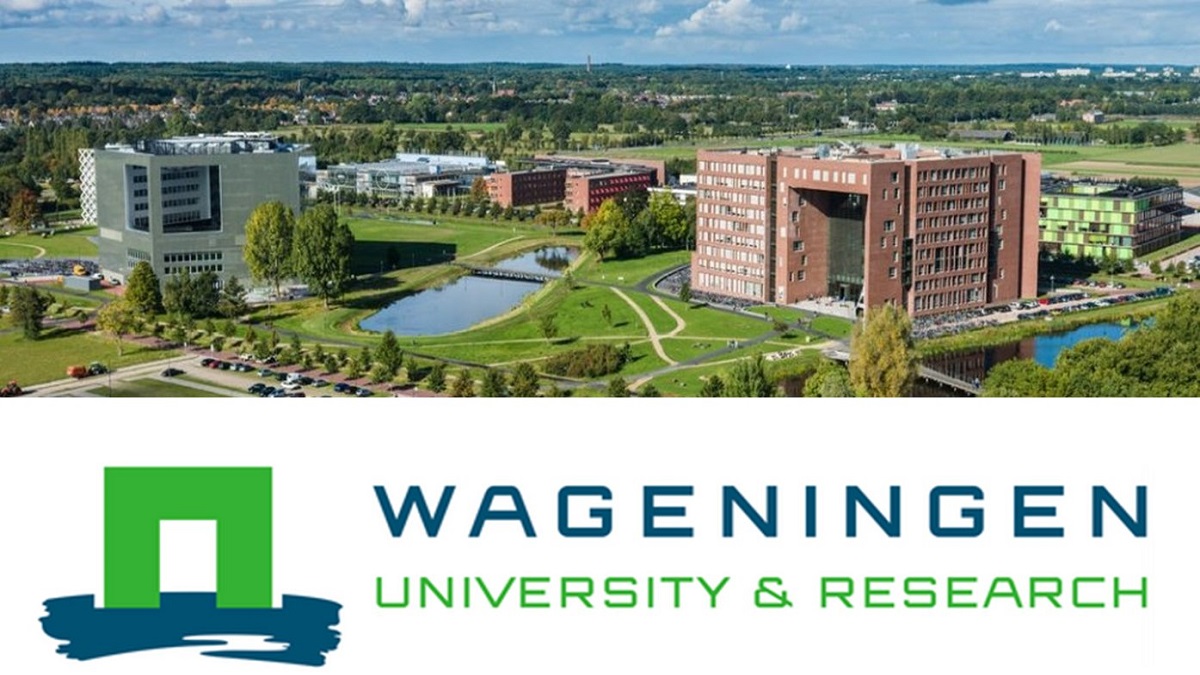This project aims to develop electrochemical separation technology for nutrient recovery in such a way they become valuable fertilizers again. Different innovative processes will be studied using laboratory-scale systems.
Research challenges – Electrochemical separation technologies have been mainly studied for desalination and, to some extent, for N removal. In this project, we will explore the future potential of electrochemical separation technologies to produce novel and valuable fertilizers like K rich streams of high purity. Next to this, we want to reduce the occurrence of unwanted mineral precipitation (scaling) inside the electrochemical separation system. Therefore, we will investigate possible integrated solutions for chemical-free scaling mitigation. A model will be developed describing the relation between the composition of the waste streams and the performance of the electrochemical separation system. This model is crucial for studying the required integration with other conventional waste(water) treatment technologies like digestion or membrane processes.
Objectives and methodology – This project aims to develop electrochemical separation technology for nutrient recovery in such a way they become valuable fertilizers again. Different innovative processes will be studied using laboratory-scale systems. We will explore the dependency of the separation performance on waste(water) and operational parameters and describe the technology with a process model. The overall goal is to integrate the electrochemical separation technology in general process schemes, including conventional wastewater treatment technologies. The experiments with the lab prototypes will supply data for model validation.
We ask
Students requirements: We are looking for a highly motivated student with a background (MSc) in environmental technology, electrochemical or process engineering. The ideal candidate should be a team player with excellent communication skills. Experience with electrochemical separation technologies (like ED or CDI) systems is required, while experience with physical-chemical modelling of aqueous systems is considered a clear advantage.
We offer
Wageningen University & Research offers excellent terms of employment. A few highlights from our Collective Labour Agreement include:
- sabbatical leave, study leave, and paid parental leave;
- working hours that can be discussed and arranged so that they allow for the best possible work-life balance;
- the option to accrue additional holiday hours by working more, up to 40 hours per week;
- there is a strong focus on vitality and you can make use of the sports facilities available on campus for a small fee;
- a fixed December bonus of 8.3%;
- excellent pension scheme.
In addition to these first-rate employee benefits, you will of course receive a good salary.
More information
Keywords Nitrogen recovery, Membrane separation technology, Resource recovery, Electrochemical separation technologies, Nutrients recovery
Wetsus and academic supervisor: Dr.Philipp Kuntke
Academic supervisor and University promotor: Prof. Dr. Ir. Bert Hamelers (Department of Environmental Technology ETE, Wageningen University)
Applications directly to WUR will not be taken into consideration.
The procedure to apply is written in detail on: https://phdpositionswetsus.eu/guide-for-applicants/.
Only applications that are complete, in English, and submitted via the application webpage before the deadline will be considered eligible.
Guidelines for applicants: https://phdpositionswetsus.eu/guide-for-applicants/
We are
Topic background – Agricultural productivity depends on the availability of nitrogen, phosphorous and potassium (N, P, and K) fertilizers. Production of these fertilizers requires massive amounts of raw materials and fossil fuels. After food consumption, the fertilizers end up in organic waste streams, requiring treatment using additional energy and chemicals. Therefore, our linear use of fertilizers leads to the depletion of critical resources and contributes to extensive environmental damage like eutrophication and climate change. Producing fertilizers from food-associated waste(water) is of great benefit for society as nutrients for agriculture get recycled, which leads to fewer resources depletion and prevention of environmental damage. Electrochemical systems are exceptionally well suited for producing these circular fertilizers as renewable electricity can be used, and no chemicals are needed.
Apply now
